American Institutions, Society, and the Public Good
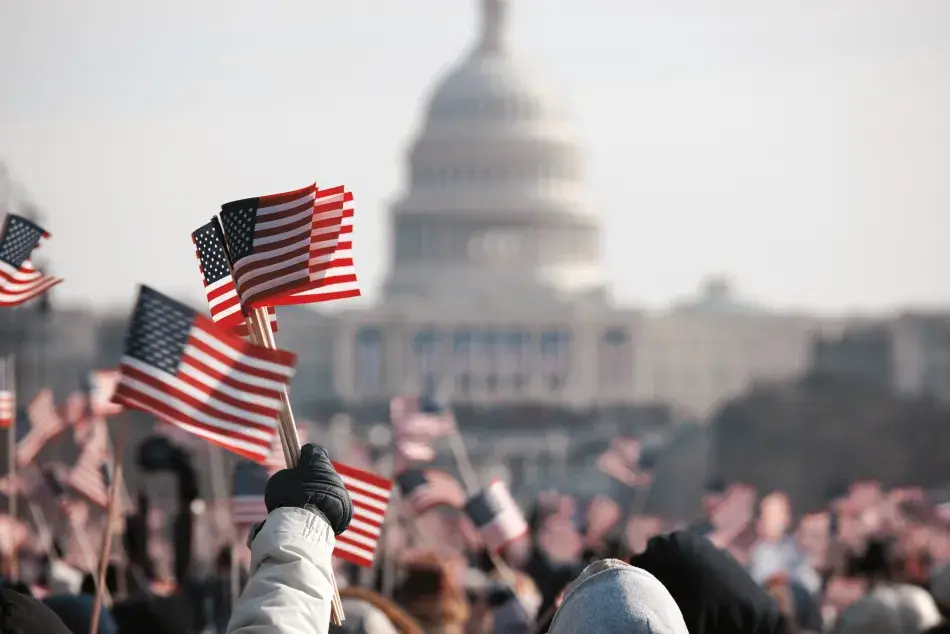
Since its founding, the American Academy of Arts and Sciences has worked to promote a strong and virtuous nation. Our charter states that the “end and design” of the American Academy is to “cultivate every art and science which may tend to advance the interest, honor, dignity, and happiness of a free, independent, and virtuous people.” Today, this effort involves projects designed to advance knowledge about the nation’s institutions and to develop innovative solutions to problems facing American society. Projects in this area interpret the term “institution” broadly, focusing on all of the constituent elements of government and civil society. These projects address how Americans interact with social structures, how these experiences prepare people to make a positive contribution to a diverse nation, and how these institutions might operate differently in the twenty-first century. The Academy shares this research through publications, conferences, and active outreach.
Program Advisory Committee
CHAIR
Frances McCall Rosenbluth
Yale University
MEMBERS
Danielle Allen
Harvard University
Thomas Bender
New York University
Alan M. Dachs
Fremont Group
Lee Epstein
Washington University in St. Louis
Susan Hanson
Clark University
Antonia Hernández
California Community Foundation
William Poorvu
Harvard Business School
Kenneth Prewitt
Columbia University
James M. Stone
Plymouth Rock Companies
Project
Commission on the Practice of Democratic Citizenship
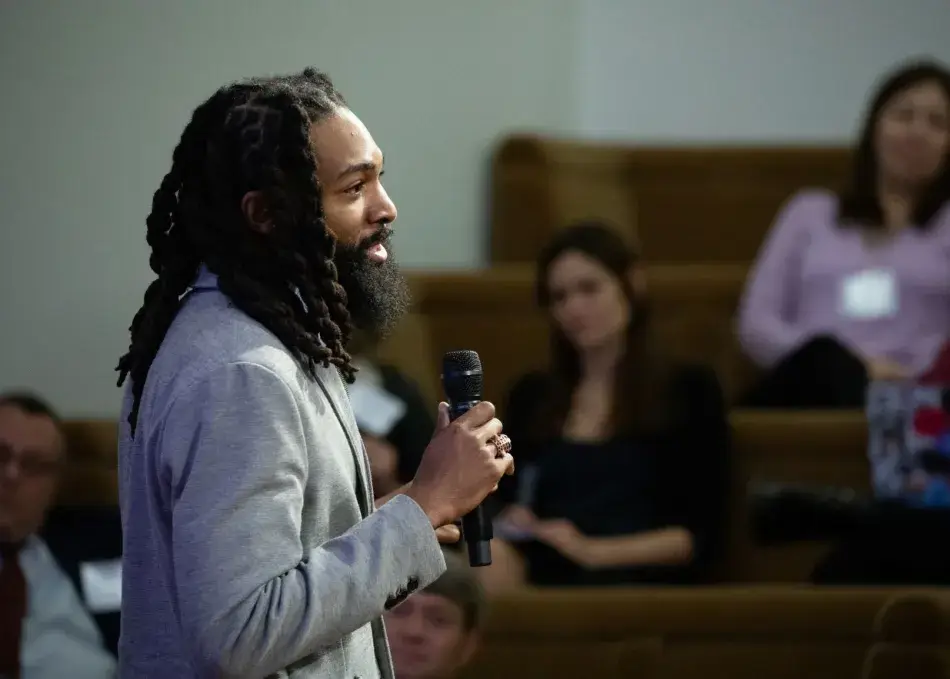
The Commission on the Practice of Democratic Citizenship launched in 2018 to explore the factors that encourage and discourage people from becoming engaged in their communities. The Commission’s work sheds light on the mechanisms that help people connect across demographic and ideological boundaries; examines how the transformations in the information environment have altered what civic engagement looks like in many communities; and makes recommendations that encourage democratic participation and empower everyday citizens. The project uses a definition of “citizenship” that extends beyond simple legal status to include people who are “civic participants” in many domains within their communities.
The project seeks to improve democratic engagement in the United States with a set of recommendations that reach across political institutions, civic culture, and civil society. Reform is needed in all three areas in order to successfully revitalize American democracy. Released in June 2020, Our Common Purpose: Reinventing American Democracy for the 21st Century, the Commission’s final report, offers 31 recommendations aimed at increasing representation, empowering voters, making institutions more responsive, and restoring our civic culture. The Academy has committed to make significant progress on all 31 recommendations by 2026, the nation’s 250th anniversary.
COMMISSION CHAIRS
Danielle Allen
Harvard University
Stephen Heintz
Rockefeller Brothers Fund
Eric Liu
Citizen University
COMMISSION MEMBERS
Sayu Bhojwani
The New American Leaders Project
danah boyd
Data & Society
Caroline B. Brettell
Southern Methodist University
David B. Brooks
New York Times Company
David Campbell
University of Notre Dame
Alan M. Dachs
Fremont Group
Dee Davis
Center for Rural Strategies
Jonathan Fanton
American Academy of Arts and Sciences
Lisa Garcia Bedolla
University of California, Berkeley
Sam Gill
John S. and James L. Knight Foundation
Marie Griffith
Washington University in St. Louis
Hahrie Han
Johns Hopkins University
Antonia Hernández
California Community Foundation
Wallace Jefferson
Alexander Dubose & Jefferson LLP
Joseph Kahne
University of California, Riverside
Kei Kawashima-Ginsberg
Tufts University
Yuval Levin
American Enterprise Institute; National Affairs
Carolyn J. Lukensmeyer
National Institute for Civil Discourse
Martha McCoy
Everyday Democracy
Lynn Nottage
Columbia University
Steven Olikara
Millennial Action Project
Norman Jay Ornstein
American Enterprise Institute
Bob Peck
FPR Partners
Pete Peterson
Pepperdine University
Miles Rapoport
Harvard University
Michael Schudson
Columbia University
Sterling Speirn
National Conference on Citizenship
Marcelo M. Suárez-Orozco
University of Massachusetts Boston
Ben Vinson
Case Western Reserve University
Diane P. Wood
United States Court of Appeals, Seventh Circuit
Judy Woodruff
PBS NewsHour
Ethan Zuckerman
University of Massachusetts, Amherst
Project Staff
Jonathan Cohen
Program Officer
Katherine Gagen
Program Associate
Darshan Goux
Program Director
Tania Munz
Chief Program Officer
Peter Robinson
Morton L. Mandel Director of Strategic Implementation
Elizabeth Youngling
Carl & Lily Pforzheimer Foundation Fellow
Funders
S. D. Bechtel, Jr. Foundation
Rockefeller Brothers Fund
The John S. and James L. Knight Foundation
The William and Flora Hewlett Foundation
Alan Dachs and Lauren Dachs
David M. Rubenstein
Commission Publications
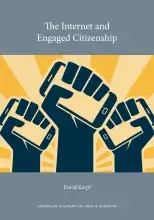
The Internet and Engaged Citizenship, David Karpf (American Academy of Arts and Sciences, 2019)
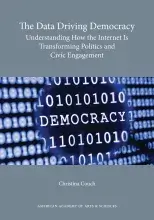
The Data Driving Democracy, Christina Couch (American Academy of Arts and Sciences, 2020)
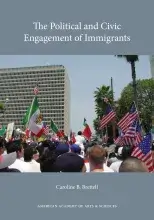
The Political and Civic Engagement of Immigrants, Caroline Brettell (American Academy of Arts and Sciences, 2020)

Our Common Purpose: Reinventing American Democracy for the 21st Century (American Academy of Arts and Sciences, 2020)
Commission Meetings
Since its release in June 2020, Our Common Purpose has solicited a great deal of interest from lawmakers, nonprofit organizations, scholars, journalists, and the general public. The Academy shipped 15,600 copies of the report to interested readers, and the report has been downloaded 24,000 times and viewed an additional 150,000 times online. Commission cochairs and members have participated in more than 50 briefings and public events with targeted groups and audiences. Additionally, Commission members and staff have briefed dozens of members of Congress and numerous thought leaders and practitioners from every corner of the country. Some events focused on the entire report and its theory of change, while others focused on specific recommendations. The report has also received coverage in a wide variety of publications, from the New Yorker to the Anniston Star (Anniston, Alabama).
Selected List of Organizations that Hosted Our Common Purpose Briefings and Events
Aspen Philanthropy Group, The Aspen Institute
Association of American Universities
Chicago Humanities Festival
City of Little Rock, Arkansas
Council on Foreign Relations
FairVote Minnesota
Federation of State Humanities Councils
Kiwanis Club of Eugene, Oregon
League of Women Voters, Greenwich, Connecticut
Library of Congress
National Academy of Public Administration
PBS NewsHour
University of Michigan
Meeting of the Commission
June 8, 2021
Members of the Commission on the Practice of Democratic Citizenship convened virtually to mark the one-year anniversary of the release of Our Common Purpose. Commission cochairs and Academy leadership discussed the ongoing efforts around outreach, as well as the progress on the recommendations. Members of the Commission shared their thoughts on implementation strategies and discussed the work ahead to reinvent American democracy for the twenty-first century.
Meeting Chairs
Danielle Allen
Harvard University
Stephen Heintz
Rockefeller Brothers Fund
Eric Liu
Citizen University
David W. Oxtoby
American Academy
of Arts and Sciences
PROJECT
Making Justice Accessible
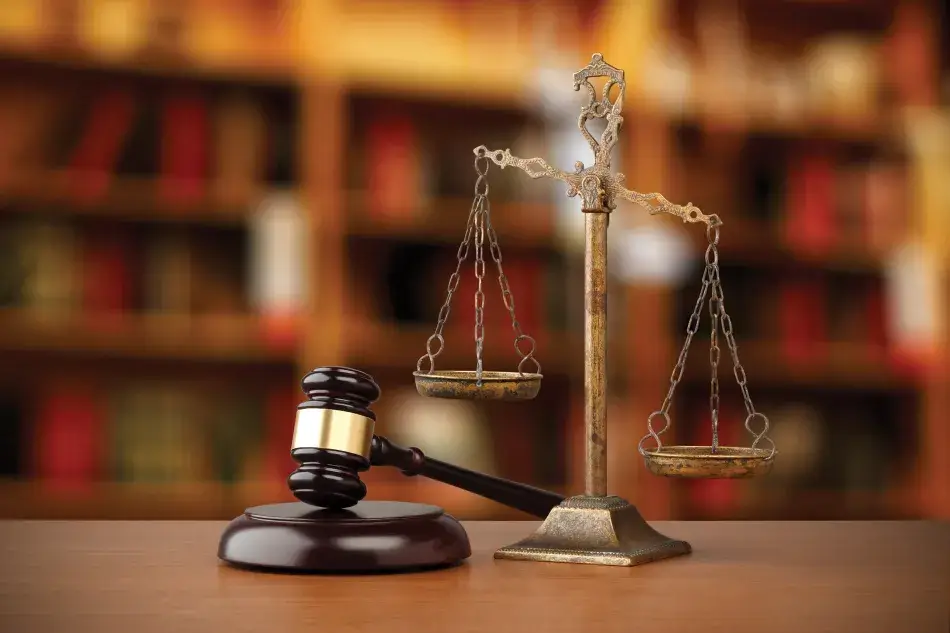
The two projects of the Making Justice Accessible initiative address the challenge of providing legal services to low-income Americans.
The first project, Designing Legal Services for the 21st Century, gathered information about the national need for improved legal access and advanced a set of clear national recommendations for closing the “civil justice gap” between supply of and demand for legal services. In September 2020, the project released its final report, Civil Justice for All, calling for the legal profession, the courts, law schools, tech professionals, and partners from many other fields to join together to provide legal assistance to many more people in need. The report recommends targeted investments, simplified procedures, greater coordination and new partnerships among a range of sectors, and new advocates, who are trained and encouraged to provide more accessible legal assistance.
The second project, Data Collection and Legal Services for Low-Income Americans, issued its report, Measuring Civil Justice for All, in February 2021. The publication, a complementary white paper to the Civil Justice for All report, identifies sources of existing data on legal services and unrepresented civil litigation nationwide. This project creates a blueprint for future data collection efforts, including establishing a research agenda for scholars, practitioners, and policy-makers. Participants include representatives of the courts, legal aid providers, and foundations, as well as legal scholars and social scientists.
The related Winter 2019 issue of Dædalus on “Access to Justice” is a multidisciplinary study of the civil justice gap, examining new models for the delivery of legal aid.
Designing Legal Services for the 21st Century
Project Chairs
John G. Levi
Legal Services Corporation; Sidley Austin LLP
Martha Minow
Harvard Law School
Kenneth C. Frazier
Merck & Co.
Data Collection and Legal Services for Low-Income Americans
Project Chairs
Mark Hansen
University of Chicago
Rebecca Sandefur
Arizona State University
Project Staff
Katherine Gagen
Program Associate
Darshan Goux
Program Director
Tania Munz
Chief Program Officer
John Tessitore
Consultant
Funder
David M. Rubenstein
Project Publications
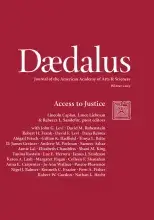
“Access to Justice,” Dædalus, edited by Lincoln Caplan, Lance Liebman & Rebecca Sandefur (2019)
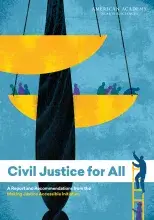
Civil Justice for All (American Academy of Arts and Sciences, 2020)
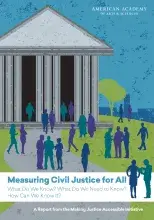
Measuring Civil Justice for All (American Academy of Arts and Sciences, 2021)
Project Meetings
Launching A New Report, Civil Justice for All
September 24, 2020
A vast civil justice gap exists between the number of Americans who need civil legal assistance and the few who receive it. A lack of access to civil justice can be devastating, especially for low-income Americans who cannot afford representation and – as a result – may experience eviction, family separation, job loss, disrupted health care, and other hardships. The impact of COVID-19 increases the urgency of understanding and addressing the nation’s inadequate civil justice system.
This event marked the launch of Civil Justice for All, which illuminates the civil justice gap and recommends closing it with programs, partnerships, innovations, and a significant shift in mindset that extends the duty and capacity to assist those with legal need beyond lawyers.
Speakers
Kenneth C. Frazier
Merk & Co.
John G. Levi
Legal Services Corporation; Sidley Austin LLP
Martha Minow
Harvard Law School
David M. Rubenstein
The Carlyle Group
David W. Oxtoby
American Academy of Arts and Sciences
Civil Justice for All: Law Schools and the Civil Justice Gap
October 27, 2020
Law school faculty and students joined from around the country for a briefing and discussion of the American Academy’s report, Civil Justice for All. The discussion focused on the role of law schools – students, faculty, clinics, and special programs – in closing the civil justice gap.
Speakers
Tonya L. Brito
University of Wisconsin Law School; Institute for Research on Poverty, University of Wisconsin
Margaret H. Marshall
Choate, Hall & Stewart LLP; formerly, Massachusetts Supreme Judicial Court
Dayna Bowen Matthew
George Washington University Law School
Martha Minow
Harvard Law School
Andrew M. Perlman
Suffolk University Law School
Quinten Steenhuis
Suffolk University Law School
David W. Oxtoby
American Academy of Arts and Sciences
Health and Civil Justice: Innovative Partnerships Between Medicine and the Law
December 8, 2020
The high incidence of socially determined health issues – due to employment or benefits issues, substandard housing, domestic violence, and a range of other problems – suggests that legal help could make a notable difference in addressing health-related problems. This discussion, based on the Civil Justice for All report, examined the relationship between health and civil justice, paying special attention to recent innovations in Medical-Legal Partnerships.
Speakers
Jay Chaudhary
Indiana Division of Mental Health and Addiction
Bethany Hamilton
National Center for Medical-Legal Partnership, George Washington University Milken Institute School of Public Health
Sharad Kohli
People’s Community Clinic, Austin, Texas
David W. Oxtoby
American Academy of Arts and Sciences
Allison Rice
Health Justice Clinic, Duke University
Keegan Warren-Clem
TLSC Medical-Legal Partnerships; The University of Texas
Introducing Measuring Civil Justice for All
February 9, 2021
The civil justice gap – the difference between the number of Americans who need civil legal assistance and the very few who receive help of any kind – has been widening for decades. One of the most significant challenges we face as we try to close this gap is the absence of basic, reliable national data about the people who need help most, the kinds of help they need, and the innovations and interventions that would be most beneficial.
The event discussed Measuring Civil Justice for All, an Academy white paper that provides a blueprint for the collection of data about civil justice activity in the United States.
Speakers
Mark Hansen
University of Chicago
David W. Oxtoby
American Academy of Arts and Sciences
Rebecca Sandefur
Arizona State University; American Bar Foundation
James J. Sandman
University of Pennsylvania Carey Law School; formerly, Legal Services Corporation
PROJECT
American Political Economy and the Public Good
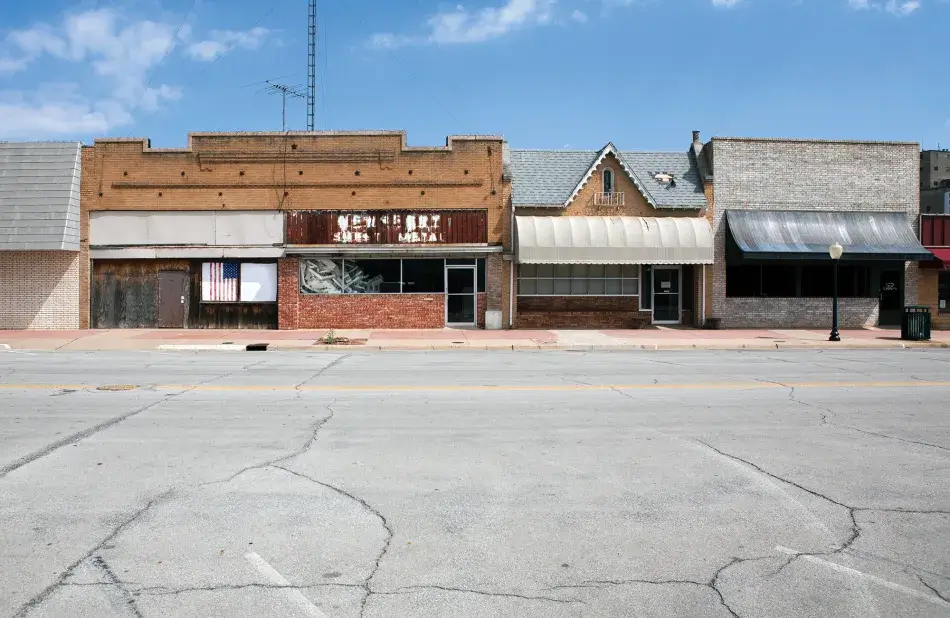
For many Americans, the first two decades of the twenty-first century have been marked by economic uncertainty. Even before the COVID-19 pandemic and the social unrest of the last year highlighted the life-and-death consequences of structural inequality, Americans across the country faced severe financial challenges. Financial conditions have threatened lives and livelihoods and exacerbated distrust in political, economic, and community institutions. As noted in Our Common Purpose, the Academy’s report on the practice of democratic citizenship, economic conditions influence democratic engagement and trust in institutions. Historically high levels of inequality give some people a far louder voice than others in the political conversation, and financial insecurity keeps many Americans from participating in the democratic process altogether. Similarly, the years since the 2008 financial crisis have been marked by skepticism of the free market, financial institutions, and an economic system that has concentrated wealth and opportunity in certain parts of the country.
The multiyear Commission on the American Political Economy and the Public Good will study the relationship between economic conditions and social and institutional trust in the United States. In the face of a global pandemic and the fallout from the 2020 election, addressing these issues is especially urgent. This project will explore how to confront the distrust wrought by the economic cleavages of the last fifty years and how the nation can craft a model of good political and economic citizenship that repairs rather than rends the social fabric. This project completed a one-year planning phase in the summer of 2021.
Commission Chairs
Katherine Cramer
University of Wisconsin-Madison
Ann Fudge
formerly, Young & Rubicam Brands
Nicholas Lemann
Columbia University
Project Staff
Jonathan Cohen
Program Officer
Katherine Gagen
Program Associate
Darshan Goux
Program Director
Tania Munz
Chief Program Officer
Elizabeth Youngling
Carl & Lily Pforzheimer Foundation Fellow
Funders
William and Flora Hewlett Foundation
C&P Buttenwieser Foundation
David M. Rubenstein
Commission Meetings
Scoping Conversations
Between July 2020 and March 2021, the Academy convened 15 group conversations – as well as additional individual conversations – with scholars, business leaders, practitioners, and other experts regarding the proposed Commission on the American Political Economy and the Public Good. Sixty of the 103 participants in these conversations are Academy members. Some conversations centered on the political economy generally, while others focused on specific topics, including education, health care, and systemic racism. These conversations helped identify other projects underway in this space, unique opportunities for impact for the Academy, and the audiences this project could reach.